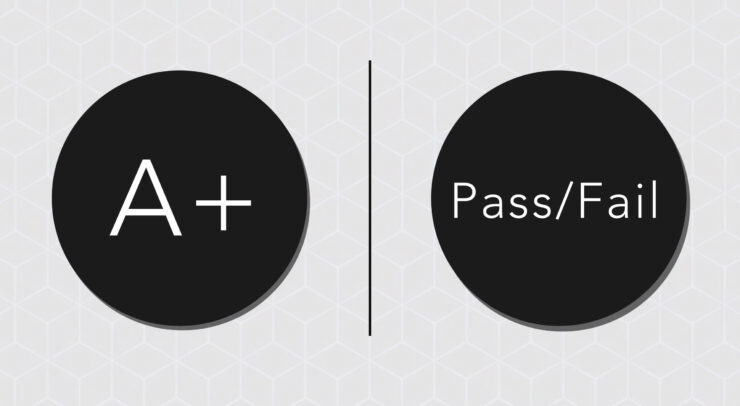Frémont cites unforeseen negative financial circumstances as reason not to lower or waive tuition fees for Spring/Summer semester
University of Ottawa president Jacques Frémont responded today to a joint letter by 18 U of O recognized student governments calling to lower or waive tuition fees for the 2020 spring/summer term.
In his letter addressed to International Development and Globalization Student Association president Natasha Cortes, the representative of the 18 U of O recognized student governments, Frémont explained why it is not possible for the U of O administration to lower or waive tuition fees for the 2020 spring/summer term.
“We have had to mitigate increasing and unforeseen negative financial circumstances.” wrote Frémont in the letter.
In its new 2020-21 budget, The U of O predicts that COVID-19, among a number of factors, will amount to a projected loss of up to $81M in liquidity. The U of O president then proceeded to list a number of costs the university had to take on in order to transform itself from an in-person learning institution to a virtual one.
“The costs related to transforming courses from face-to-face instruction to distance learning and hybrid formats, for example, included increased bandwidth for internet connections, license fees for increased usage of videoconferencing technologies, an increased number of educational and digital instruction specialists and web developers to train faculty to develop online and distance courses, as well as to provide online academic, wellness and mental health support to students,” wrote Frémont.
The president in his letter also took the opportunity to remind students that tuition will already be lower in the spring/summer semester due to the waived ancillary fees such as the U-Pass, the University Centre, and Sports Services as these services are temporarily suspended due to COVID-19.
The president then cited the Canadian Student Emergency Benefit as a way for students to alleviate the financial strain of the COVID-19 pandemic. Although the CESB may help some domestic students financially, international students are not eligible for the CESB since they are not Canadian citizens or permanent residents.
“We understand that financial and mental health stresses are exacerbated for students in this
current climate,” explained Frémont. “For students affected by the economic impacts of the COVID-19 pandemic, the federal government of Canada is offering a significant financial relief package, which is outlined on this website. These new, student-centered measures amount to $9 billion in support. Students may also continue to contact our University of Ottawa Financial Aid and Awards Office and our uOttawa student mental health services.”
The CESB provides $1,250 to regular students and $2,000 to students who are living with a disability or are responsible for a child under the age of 12.
Frémont also pointed to very high enrollment numbers. “To date, students have signed up in larger numbers than ever for the spring/summer semester,” revealed the U of O president in his letter.
No enrollment numbers were provided to the student governments in the letter but this statement does diverge from the enrollment projections found in the U of O’s 2020-21 budget that predict significant drops in enrollment post COVID-19.
The president ended the letter by stating that the U of O will make “every effort” to minimize the impact of Covid-19 on its student population, in spite of not lowering tuition fees for the spring/semester term.
“Please rest assured that we will make every effort to minimize impact on our students,” stated Frémont. “As we navigate these unchartered waters, our focus remains to ensure the health, safety and well-being of our students while delivering curriculum of the highest quality so that students may be empowered to realize their full potential and contribute to our post-pandemic economy.”
To read the U of O’s president letter please click on the link below
Read more:
- UOSU to collect ancillary fees for spring/summer semester, working on action plan to help students financially affected by COVID-19
- U of O to offer online courses in the fall with some exceptions
- U of O bans all university-related travel for the rest of 2020, cancels all exchanges for fall term





